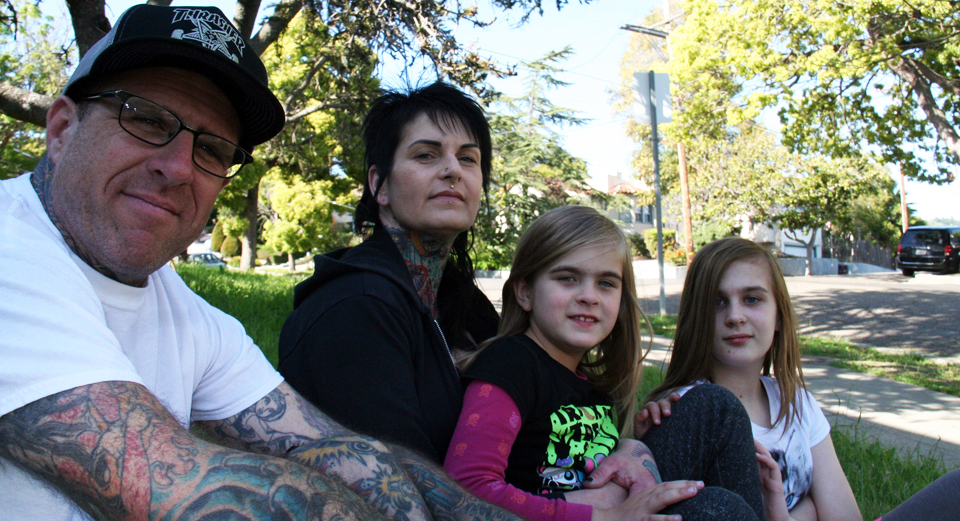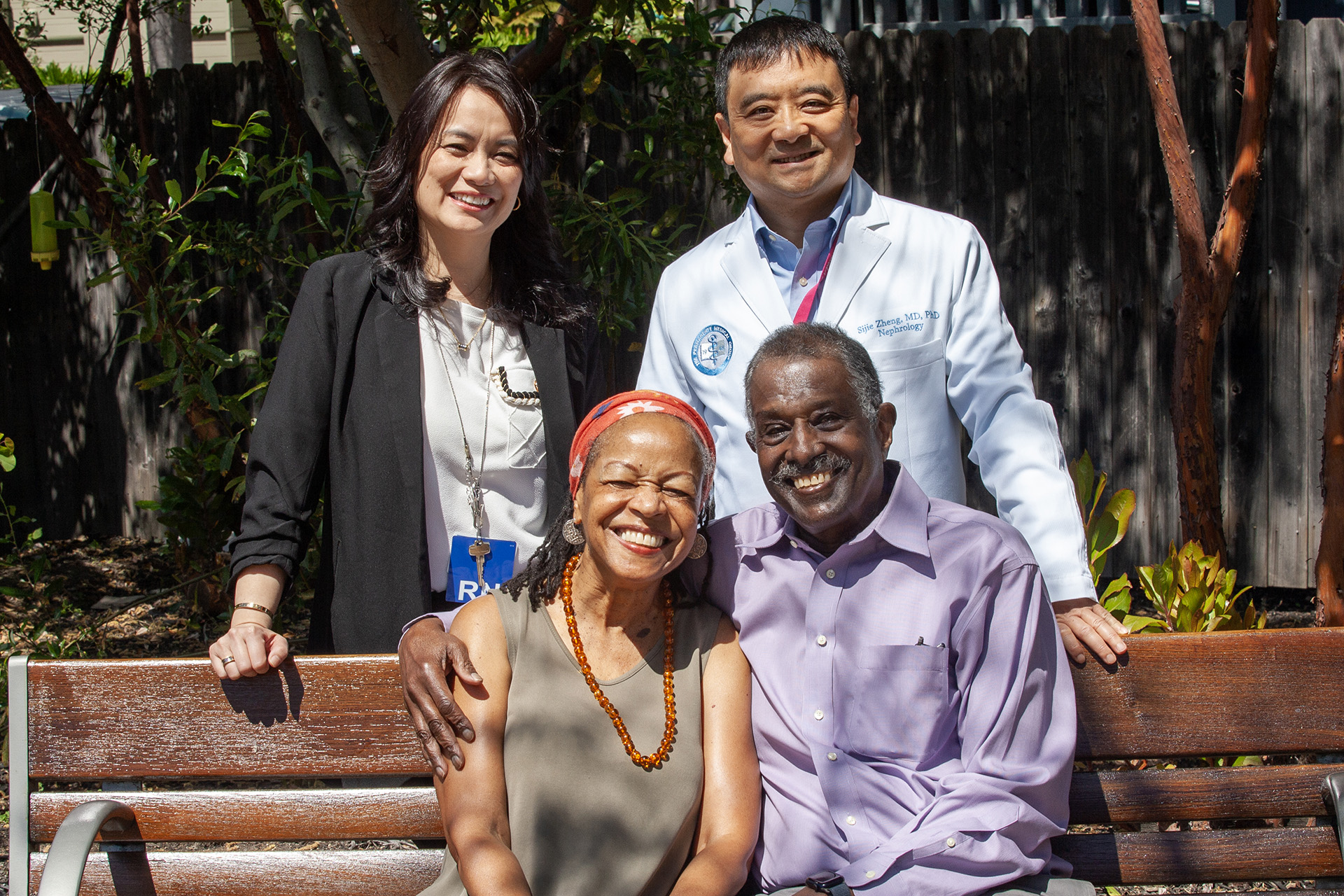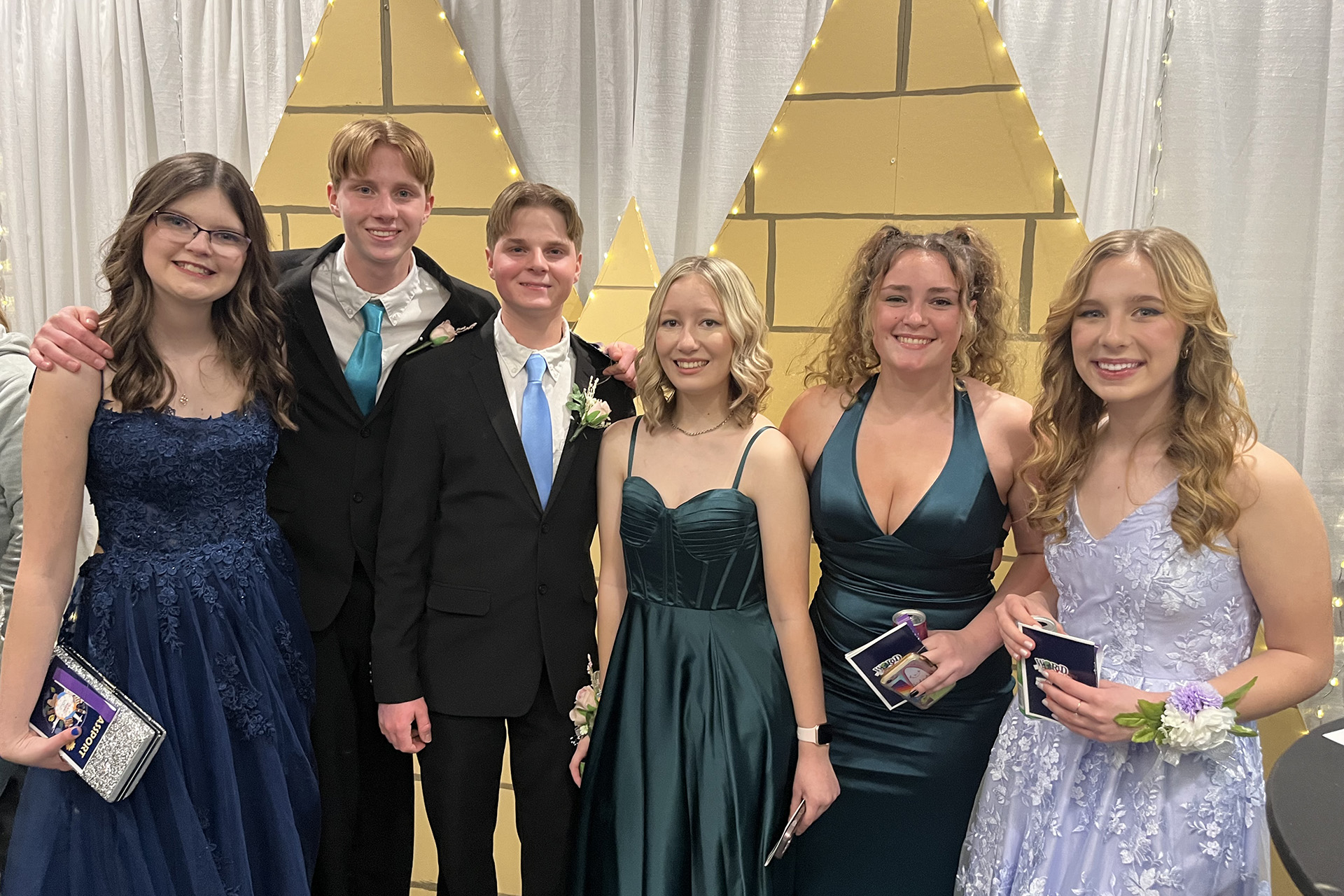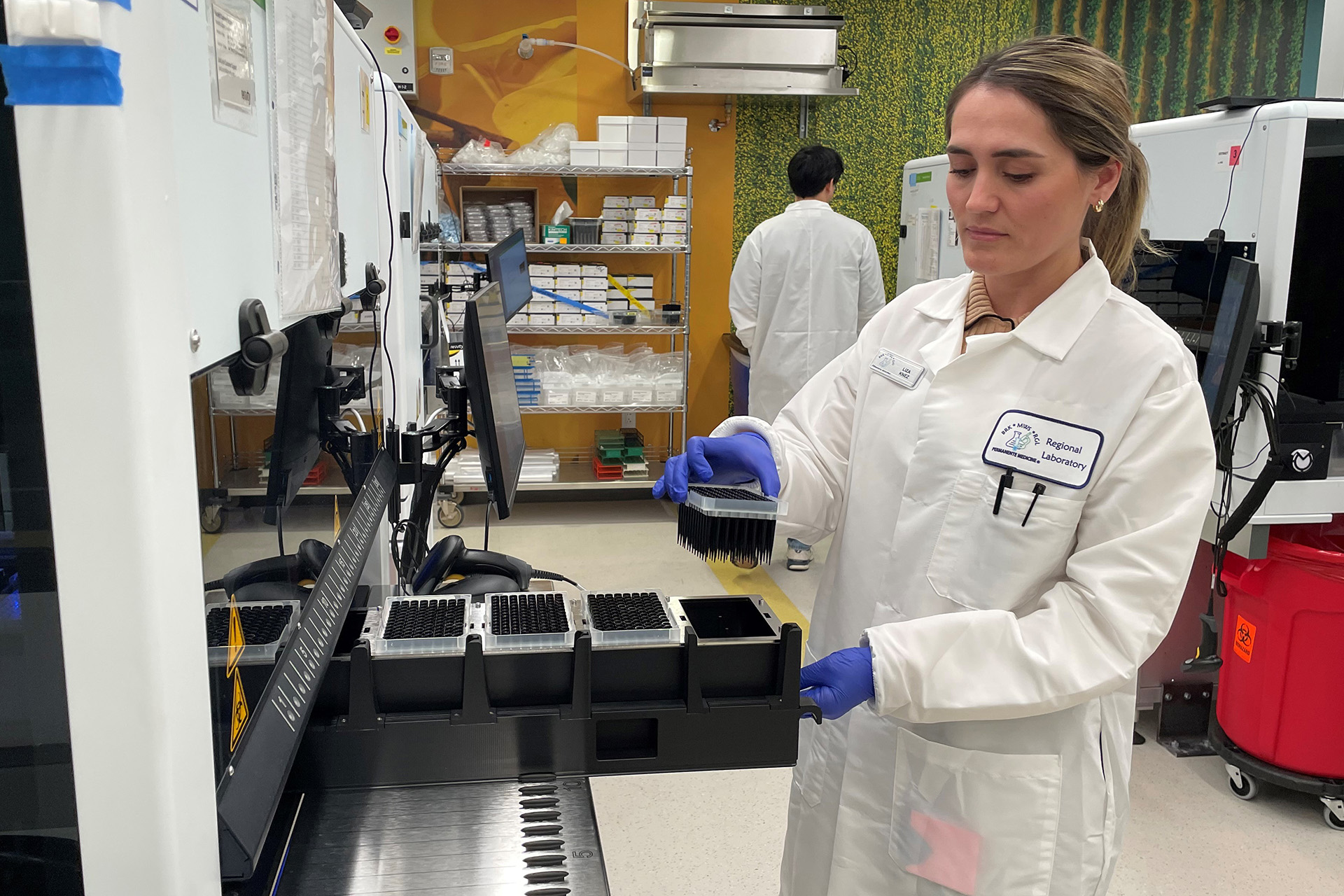Northern California families with a child on the autism spectrum are participating in the Autism Family Biobank for research to find autism’s causes. (Participants include Sean Handran and Tiffany Van Buren, pictured with daughters, Devyn, 7, and Kaia, 11.)
Tiffany Van Buren, her husband Sean Handran, and their daughter Devyn, 7, were among the first 675 families to donate saliva samples for Kaiser Permanente’s Autism Family Biobank when it opened in July 2015.
“The ease of it was the biggest draw for us,” Van Buren said. “My husband and I made a contest out of it with Devyn to see who could get the most spit into the little cup.”
The biobank is on the road toward gathering genetic material from 5,000 Northern California member families by 2018: a child or an adult who has been diagnosed with an autism spectrum disorder and both biologic parents. Families can send saliva samples by mail or contribute blood at any Kaiser Permanente laboratory. They are also asked to fill out two short questionnaires online.
“All the materials were sent to us, with instruction sheets,” said Van Buren, of Oakland. “It was so simple.”
Research to Find Autism’s Causes
Autism is a relatively common neurodevelopmental disorder — defined by impairments in social interaction and communication, and restricted and repetitive patterns of behavior — which occurs in 1 in 68 children, according to the U.S. Centers for Disease Control and Prevention.
“We don’t know what causes autism. The biobank can help point us toward the answers,” said Lisa Croen, PhD, director of the Autism Research Program at the Kaiser Permanente Division of Research in Oakland. “Because autism is a complex condition involving many genetic factors interacting with environmental conditions, large numbers of families are needed to participate in research to find the underlying causes.”
Once received, the saliva and blood samples will be deposited in the Autism Family Biobank for genetic typing. The genetic data will then be linked to demographic and health-related information in Kaiser Permanente’s electronic health record, in order to undertake urgently needed autism research. (All data is de-identified to protect member privacy.)
‘We’ll Do Anything for Autism Research’
Van Buren said that Devyn, the youngest of the family’s four children, was diagnosed with an autism spectrum disorder at a Kaiser Permanente regional ASD center at age two and a half. She received applied behavior analysis (ABA) therapy under the health plan and is now a chatty and highly functioning first-grader.
“We’re very fortunate,” Van Buren said. “We’ll do anything for autism research.”
Recruitment is currently in full swing; families, identified from the Kaiser Permanente member’s autism diagnosis in Kaiser Permanente electronic medical records, are being contacted directly by letter and phone to request participation.
“Families do not have to wait for us to contact them,” Croen noted. “They can go to our website or call to sign up.”
Learn more about the Kaiser Permanente Autism Family Biobank. You can also write to autism.research@kp.org, or call 866-279-0733.





This Post Has One Comment
That is great! [I hope one of my family members who] has Autism Spectrum … is one of the 675 members that is doing the research. Kaiser is doing wonderful things to help and improve health throughout the nation. I love Kaiser and their wonderful staff and physicians. I do hope one day that Kaiser can get into doing biofeedback in the mental dept. I believe this will boost greater satisfaction for the members to have options in their therapy treatment.